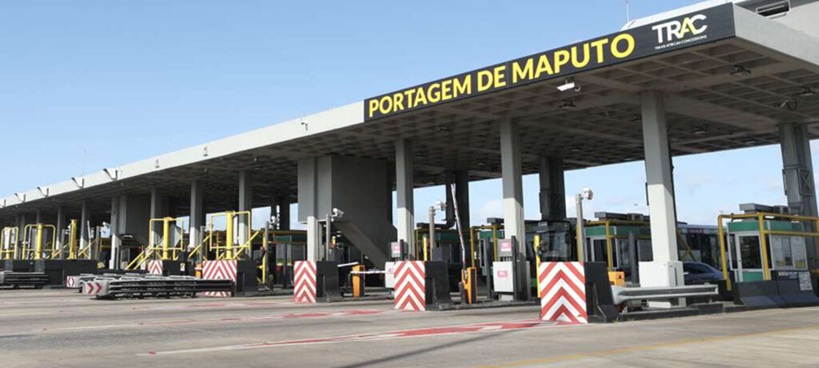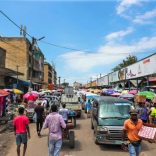Mozambique: Public sector wage expenditure rises 0.2% to €1,424 million in H1
Mozambique: Government cuts tolls by up to 60% from 15 May – Lusa report

Mozambique’s government said on Tuesday that more than half of the country’s tolls are still suspended following the post-election demonstrations, saying that payment will resume on the 15th, but with discounts of up to 60%.
“Of a total of 41 tolls in the country, 25 are suspended due to vandalism, which includes the destruction of offices, sabotage of gates and collection systems, among other damages. Even those that do work are operating in a conditioned manner, with motorists persisting in promoting disorder to continue passing through without paying the fees due,” the Ministry of Transport and Logistics said in a statement *please, see below).
It added that the country is recovering from violent demonstrations aimed at destroying infrastructure and production units, which caused significant material damage in the Transport and Logistics sector and the dysfunction of transport systems.
According to the ministry, the government has been applying “extraordinary measures of immediate impact” to “alleviate the cost of living and promote the recovery of the economy, following violent demonstrations”, and in the area of roads it has decided to revise toll rates downwards, “with a special focus on public passenger transport and residents of areas close to tolls”.
The reduction in tariffs will “alleviate the operating costs of public passenger transport service providers in the urban and inter-provincial segment, as well as relieving citizens who regularly use the tolls,” the ministry said.
Stressing that the payment of tolls complements public funding for road rehabilitation and maintenance, materialising (…) the user-pays principle, the ministry states that this revenue represents around 20% of the internal sources of road funding in the country.
Among other tariffs, the toll on the bridge between Maputo and Catembe, for class 1 vehicles, goes from 125 meticais (€1.7) to 100 meticais(€1.4). The Maputo toll goes up to five meticais (seven cents), from the previous 15 meticais (21 cents), in the case of semi-automobile passenger transport, precisely two of the points of greatest conflict and contestation in recent months.
On the 5th, the transport and logistics minister, João Matlombe, announced the government’s decision to ” downward revise toll tariffs throughout the country” to address the country’s economic situation and the destruction caused by the post-election protests.
Revimo, which is responsible for the construction, maintenance, and operation of several roads in the country, announced on 25 January that it would resume charging tolls in the country. This announcement sparked a new popular revolt, with cases of road blockades and vandalization of Revimo tolls at various points. On 27 January, hundreds of demonstrators occupied and blocked the accesses between the toll and the Katembe bridge, contesting the payment.
Since October, Mozambique has been experiencing a climate of strong social unrest, with demonstrations and stoppages called by former presidential candidate Venâncio Mondlane, who rejects the election results of 9 October, which gave victory to Daniel Chapo.
Since 21 October, the start of these protests, around 400 people have died, including two dozen minors, according to Plataforma Decide, a Mozambican non-governmental organisation that monitors electoral processes.
On 23 March, Venâncio Mondlane, the presidential candidate who does not recognise the announced results of the general elections on 9 October 2024 and who has called for post-election protests, and Daniel Chapo, the president sworn in in January, met for the first time and a commitment was made to stop the violence in the country.















Leave a Reply
Be the First to Comment!
You must be logged in to post a comment.
You must be logged in to post a comment.